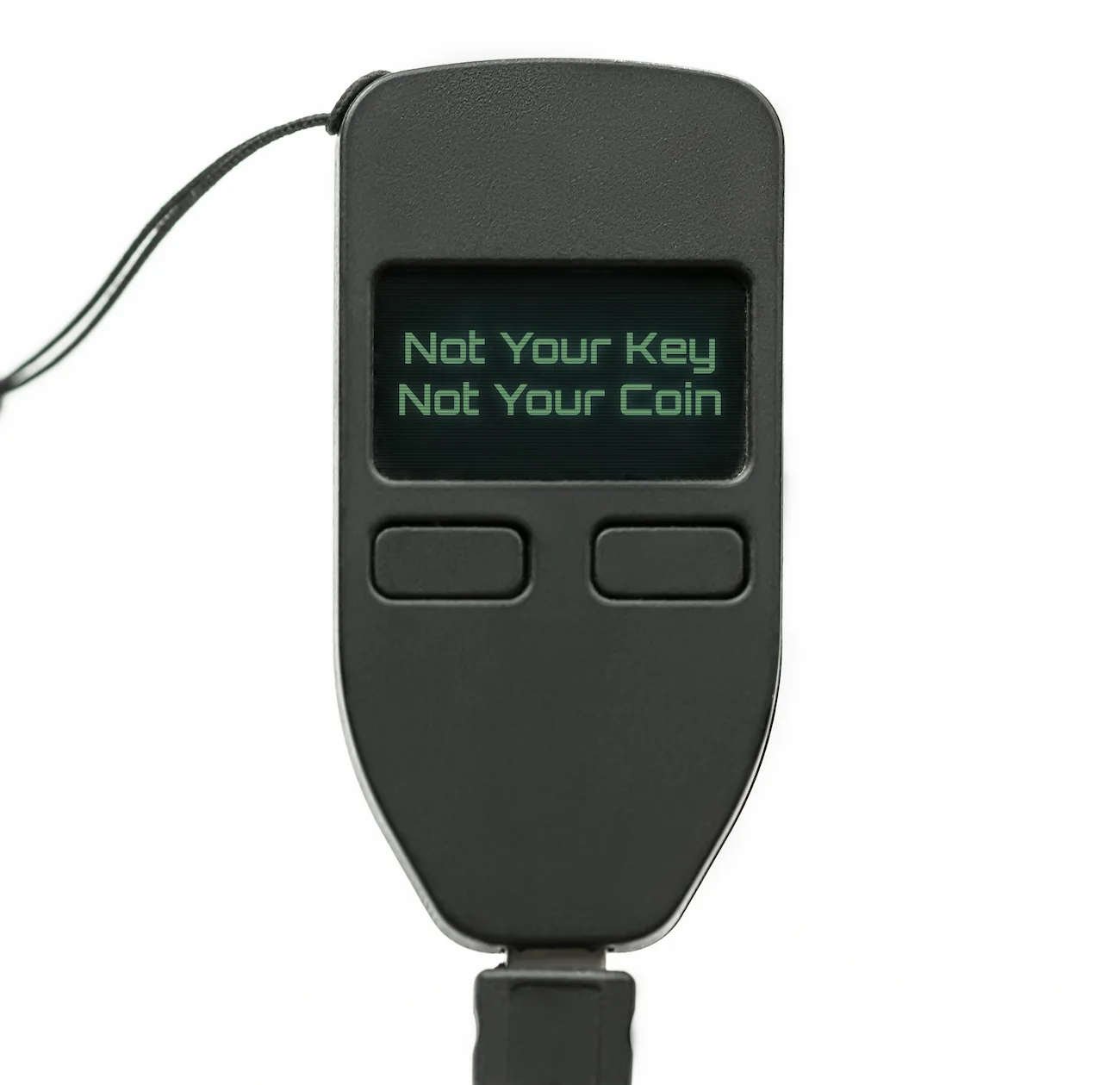Decentralised Exchange
The decentralised exchange DApp serves as an in-house marketplace for trading in and between all digital assets on the platform.

Many years ago Andreas Antonopoulos “coined” the often-cited phrase “Not your keys, not your coins” to teach people the concept of self-custody for Bitcoin and other Cryptoassets. This phrase means that only those who hold the private key to funds and/or digital assets have full control over them. This is why centralised exchanges pose the same serious risks as banks in the fiat financial system, which include:
- Single point of failure in regards to security of user funds (centralised exchanges can be hacked, mismanaged, corrupted by internal or external parties, have system outages, etc.)
- No transparency (especially about the financial data, internal processes and decision-making of centralised exchanges)
- Not neutral / apolitical (prone to censorship as centralised exchanges are subject to local laws and regulations)
- Asset price manipulation (in case the assets purchased by clients aren’t actually acquired and held by the exchange - which is the same as money printing)
It is precisely for these reasons that many Bitcoin and altcoin investors have already lost some or even all of their deposits on exchanges.
The vast majority of bitcoiners who have lost their Bitcoin have lost it by holding it on exchanges [...] or centralized lending services [...].
Matthew Kratter
Customers of the following exchanges alone have already lost billions in deposits:
This, of course, reflects badly on the industry as a whole, although it has nothing to do with the security of decentralised systems.
In fact, these are the very problems that decentralised systems seek to overcome. If we allow centralised exchanges to bring them back into the fold, we will fail to meet one of Trusdee’s key objectives: protecting users. As a result, exchanges must meet the same rigorous standards as the trustnet itself, which is simply impossible for centralised exchanges. That is why having a decentralised exchange is essential and must be present from the outset.
We obviously cannot and would not wish to prohibit the use of centralised exchanges. However, centralised exchanges should adhere to certain standards and conventions; the sole purpose of which would be to protect all users.
This means that each user acts as their own custodian of private keys, and never delegates this significant and sensitive task to any third party who would then have absolute control over the user’s digital assets and funds. Centralised exchanges should neither hold user funds in their own accounts nor create accounts for their users. Exchanges that do not follow these guidelines would be placed on the public ‘TTPs to avoid’ list.
We use the word ‘account’ in this article for the sake of clarity, but strictly speaking, Trusdee does not use the account model, but the UTXO model. However, we do not want to refer to accounts simply as wallets (as in the case of Bitcoin, for example), because they can hold many different types of digital assets, not just money. To avoid confusion between accounts and user accounts, we need a new term. These are two different things in Trusdee, as a user can only have one user account (as in logins), but any number of accounts (as in bank accounts). Since we are already using the word ‘trustee’, we believe it makes sense to continue to use trust terminology. Therefore, accounts or wallets in Trusdee are called trusts. A trust in Trusdee can be thought of as a type of self-settled, self-owned and self-managed trust where the trustees only have the role of protecting and representing the users. This means that a user has only one user account with Trusdee, but any number of trusts, which in turn can hold any number of digital assets.
As Trusdee’s Decentralised Exchange DApp will be in no way inferior to current centralised exchanges, the importance of centralised exchanges should diminish significantly. If users still want to use centralised exchanges, they can grant them access to the relevant accounts. When granting access, users can fine-tune access rights and limits to the minimum required by the third party.
Centralised exchanges that are as interested as we are in protecting users (which in the long run also benefits the industry as a whole) will welcome and embrace these safeguards.